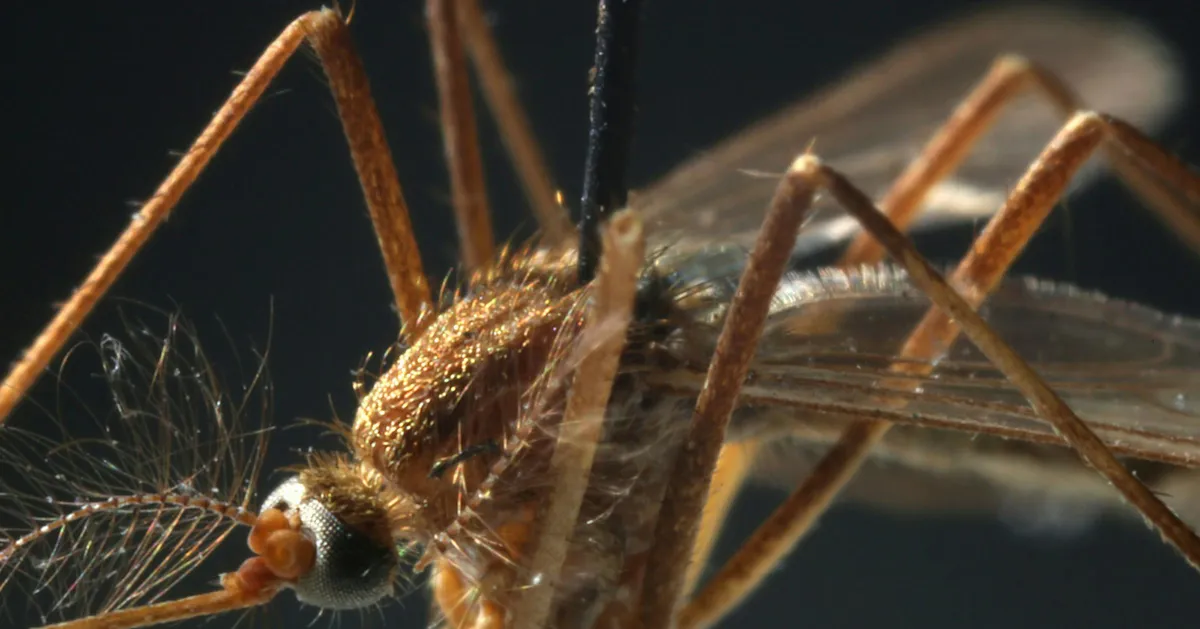
The Minnesota Department of Health has issued a warning this week about the increasing risk of mosquito-borne West Nile virus due to the hot and rainy summer season. As of now, the state has confirmed a total of 20 cases of West Nile virus infection, which unfortunately includes two fatalities. These severe outcomes typically occur when the infection leads to encephalitis or meningitis, conditions characterized by the swelling of the brain or surrounding tissues.
While the number of confirmed cases is not unprecedented for Minnesota, health officials emphasize the importance of taking precautions during this “high-risk time of year.” Elizabeth Schiffman, the supervisor of the state Health Department’s vectorborne diseases unit, stresses, “It’s important to prevent mosquito bites when people are enjoying time outside while the weather is still nice. That’s the best way to avoid getting West Nile virus.”
The risk of contracting West Nile virus appears to be highest in the western and central agricultural regions of Minnesota. These areas serve as breeding grounds for the Culex tarsalis mosquito, which is the primary vector responsible for spreading the virus. The Health Department reports that approximately 1 in 5 individuals infected with West Nile virus will experience symptoms, including headaches and fever. Alarmingly, about 1 in 150 infected people may suffer from severe complications.
The risk of severe illness from West Nile virus is particularly pronounced among the elderly and individuals with weakened immune systems. Understanding these risks is crucial for those living in affected areas, especially during the peak mosquito season.
West Nile virus was first detected in Minnesota in 2002 and reached a peak with a record 148 confirmed infections in 2003. In recent years, the state reported 35 cases and one death in 2022, and as of 2023, there have been 63 confirmed cases and four deaths. This trend underscores the ongoing need for vigilance and effective preventive measures against mosquito bites.
With the current increase in West Nile virus cases, public health officials urge residents to remain cautious and proactive. By understanding the risks and taking appropriate measures, individuals can enjoy the summer while protecting themselves from this serious mosquito-borne illness.